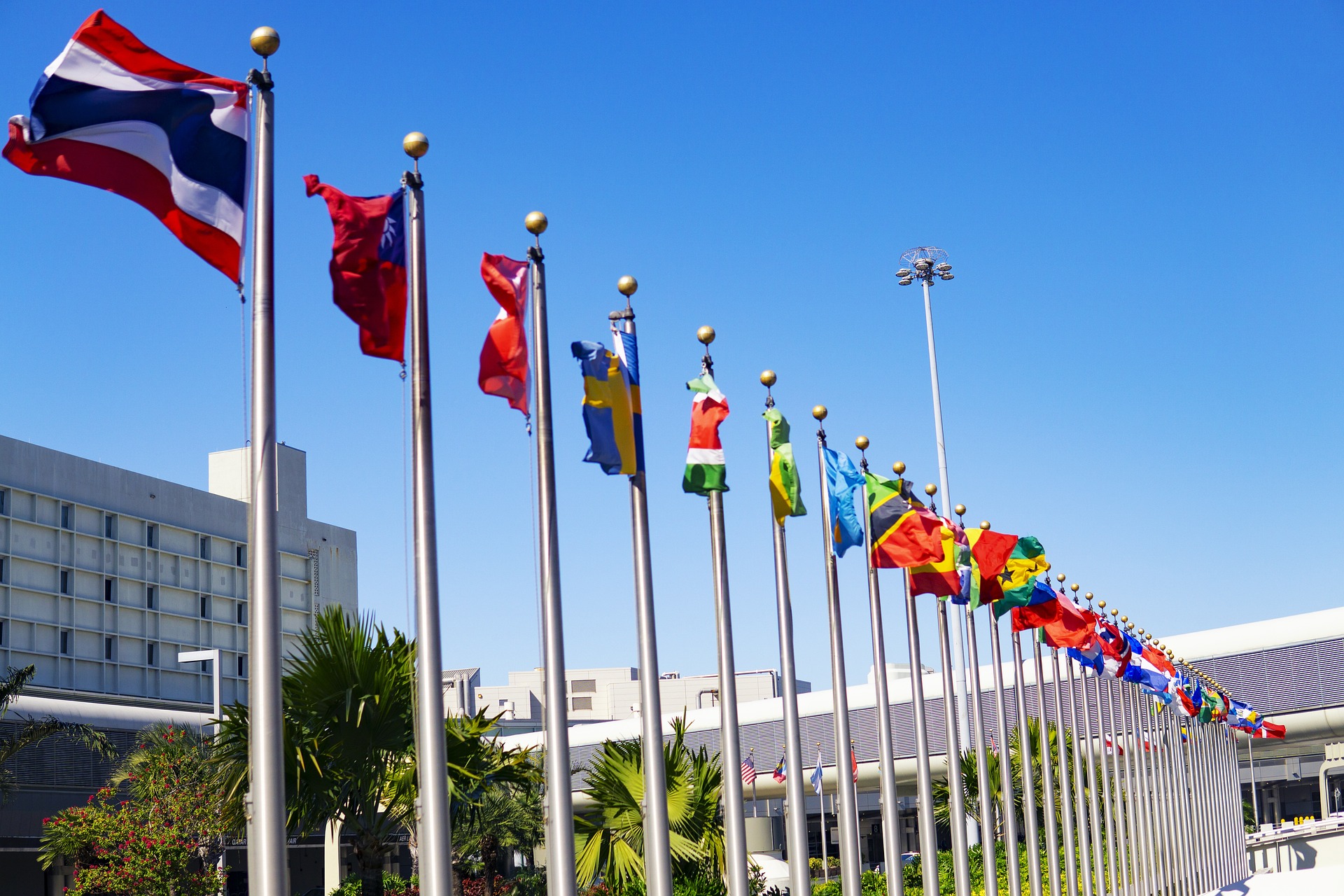UN Staff on £1.5bn Iraq Aid Project ‘Demanding Bribes’

Staff working for the UN in Iraq are allegedly demanding bribes in return for helping businessmen win contracts on postwar reconstruction projects in the country, a Guardian investigation has found.
The alleged kickbacks are one of a number of claims of corruption and mismanagement the Guardian has uncovered in the Funding Facility for Stabilization, a United Nations Development Programme (UNDP) scheme launched in 2015 and backed by $1.5bn (£1.2bn) in support so far from 30 donors, including the UK.
Since the 2003 US-led invasion, the international community has pumped billions of aid dollars into Iraq. Twenty years on, the country still suffers from poor services and infrastructure, despite being the world’s fourth-largest oil producer and generating a record-breaking $115bn in oil revenues last year.
Corruption and kickbacks have been described as “the lifeblood of politics in Iraq”, which is why the UN carries out projects directly, promising more transparency than local institutions. In a statement to the Guardian, the UNDP said it had “internal mechanisms that prevent and detect corruption and mismanagement, supported by robust compliance procedures and internal controls”.
But interviews with more than two dozen current and former UN employees, contractors, Iraqi and western officials suggest the UN is fuelling the culture of bribery that has permeated Iraqi society since Saddam Hussein’s overthrow in 2003.
The Guardian has found that bribes of up to 15% of the contract value have been demanded by UNDP staff, according to three employees and four contractors. In return, the employee helps the contractor navigate the UNDP’s complex bidding system to ensure they pass the vetting process.
“Nobody can get a contract without paying. There’s nothing in this country you can get without paying, not from the government, not from UNDP,” according to one contractor, who told the Guardian they had been approached by UNDP staff demanding bribes.
A UNDP employee said the deals were made in person rather than on paper to avoid detection, with influential Iraqis sometimes serving as guarantors. “The third party also takes a share of the kickback,” they said, adding that the contractors would “choose people with relationships and power”.
Government officials entrusted by the UNDP to oversee construction projects also allegedly take a cut. Contractors and UNDP staff who have overseen projects said officials used that authority to “extort” bribes from companies in return for signing off completed projects. Two contractors told the Guardian that they were forced to make such payments.
In its statement, the UNDP said it took allegations of corruption and lack of transparency very seriously and had “zero tolerance for fraud and corruption”.
The UN agency said: “This policy applies equally to UNDP staff members, as well as other personnel, vendors, implementing partners, and responsible parties engaged by UNDP. Any allegation of bribery, corruption, or fraud is thoroughly assessed and, where appropriate, investigated by UNDP’s independent Office of Audit and Investigation.”
As well as corruption, funds have been spent on redundancies and the UN’s large overheads, raising further questions about what share of the mammoth budget actually reached war-torn communities.
The UNDP said it charged indirect costs in accordance with its financial regulations and rules and the requirements of its executive board.
Interviewees, many of whom spoke on condition of anonymity for fear of retaliation, said the programme had undergone an unwarranted expansion and extension that had mostly served to sustain the UNDP’s footprint while absolving the Iraqi government of its own obligations to rebuild the country.
Article Credit: https://www.theguardian.com/global-development/2024/jan/22/united-nations-development-programme-undp-bribery-claims-iraq-aid-project
